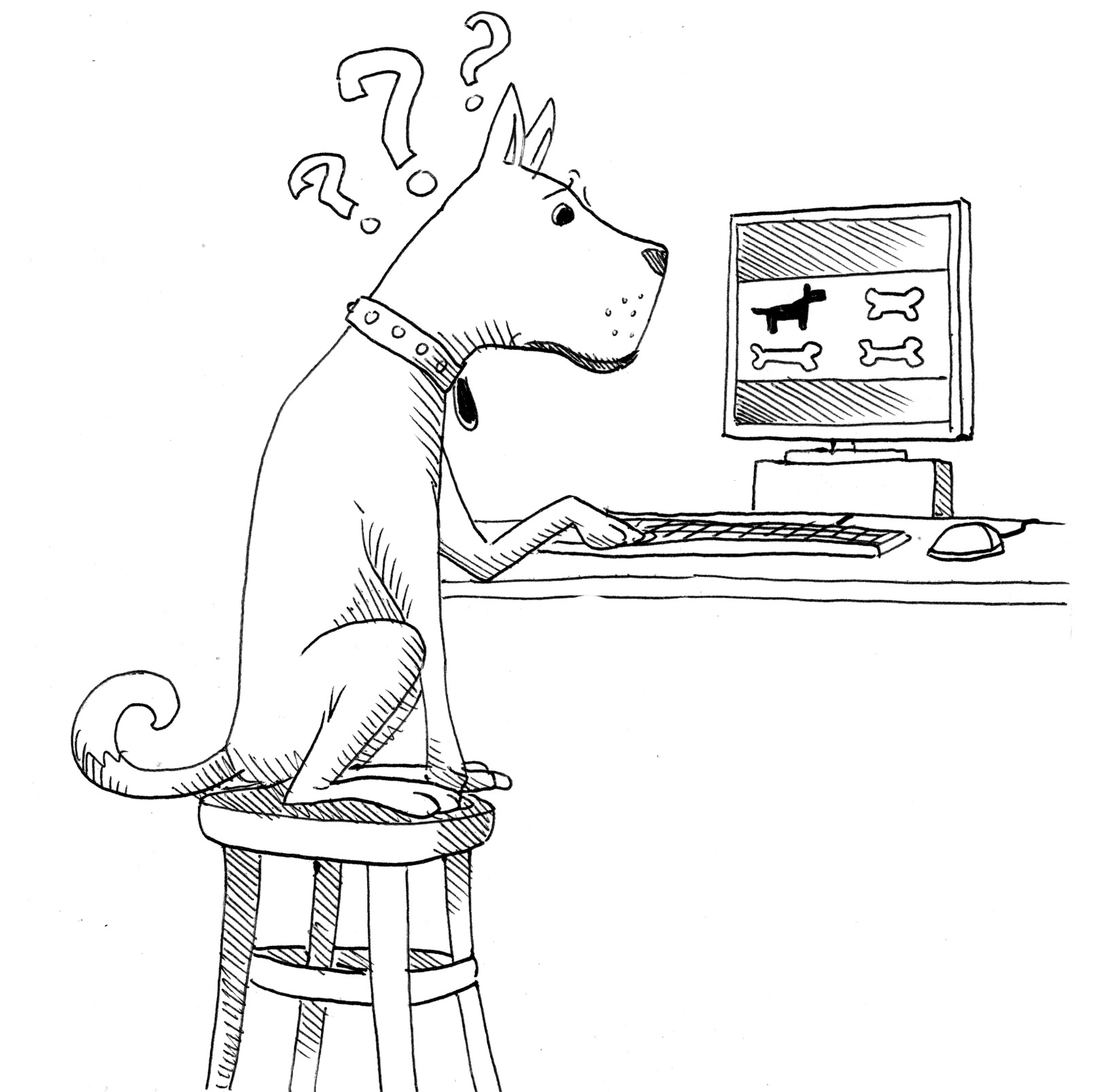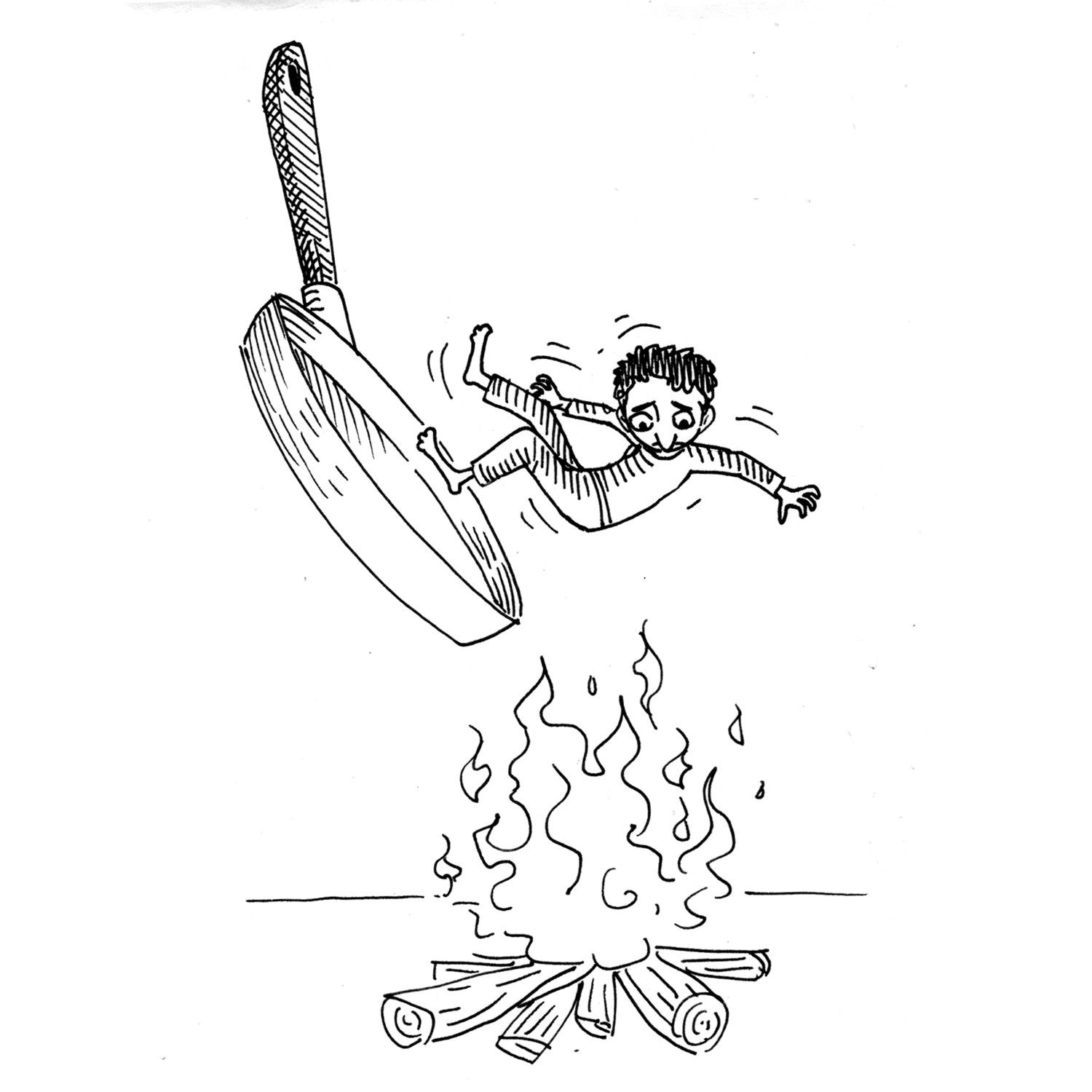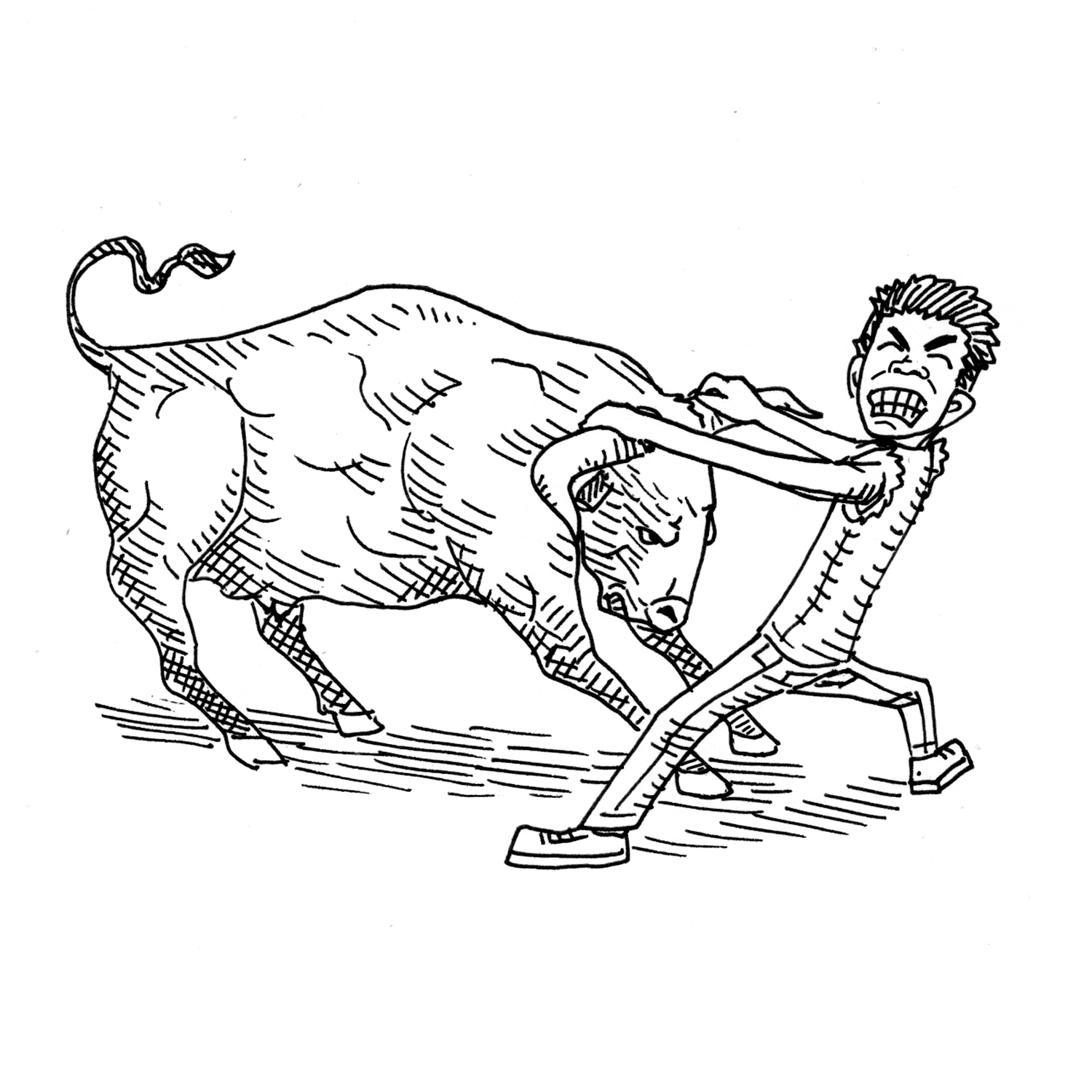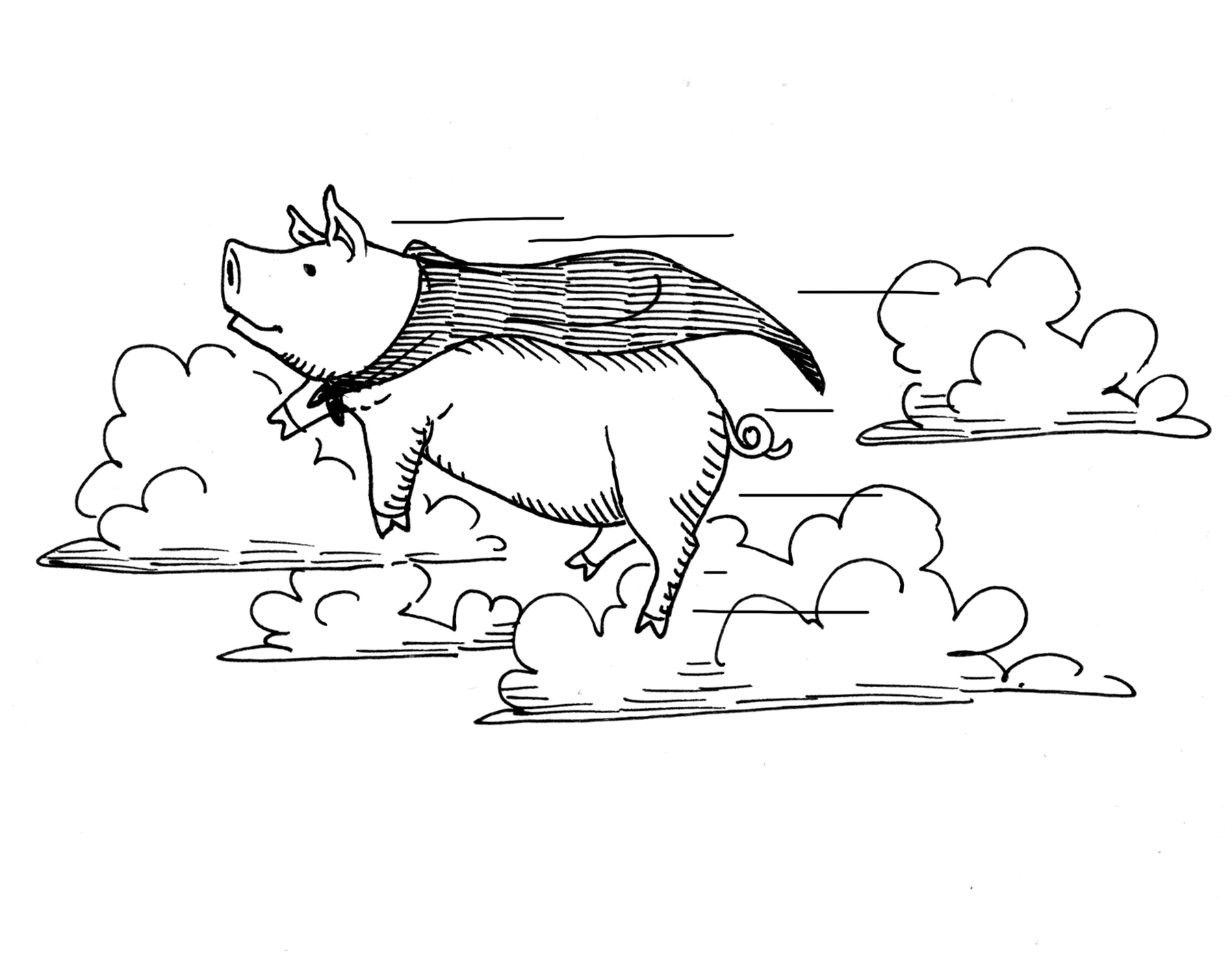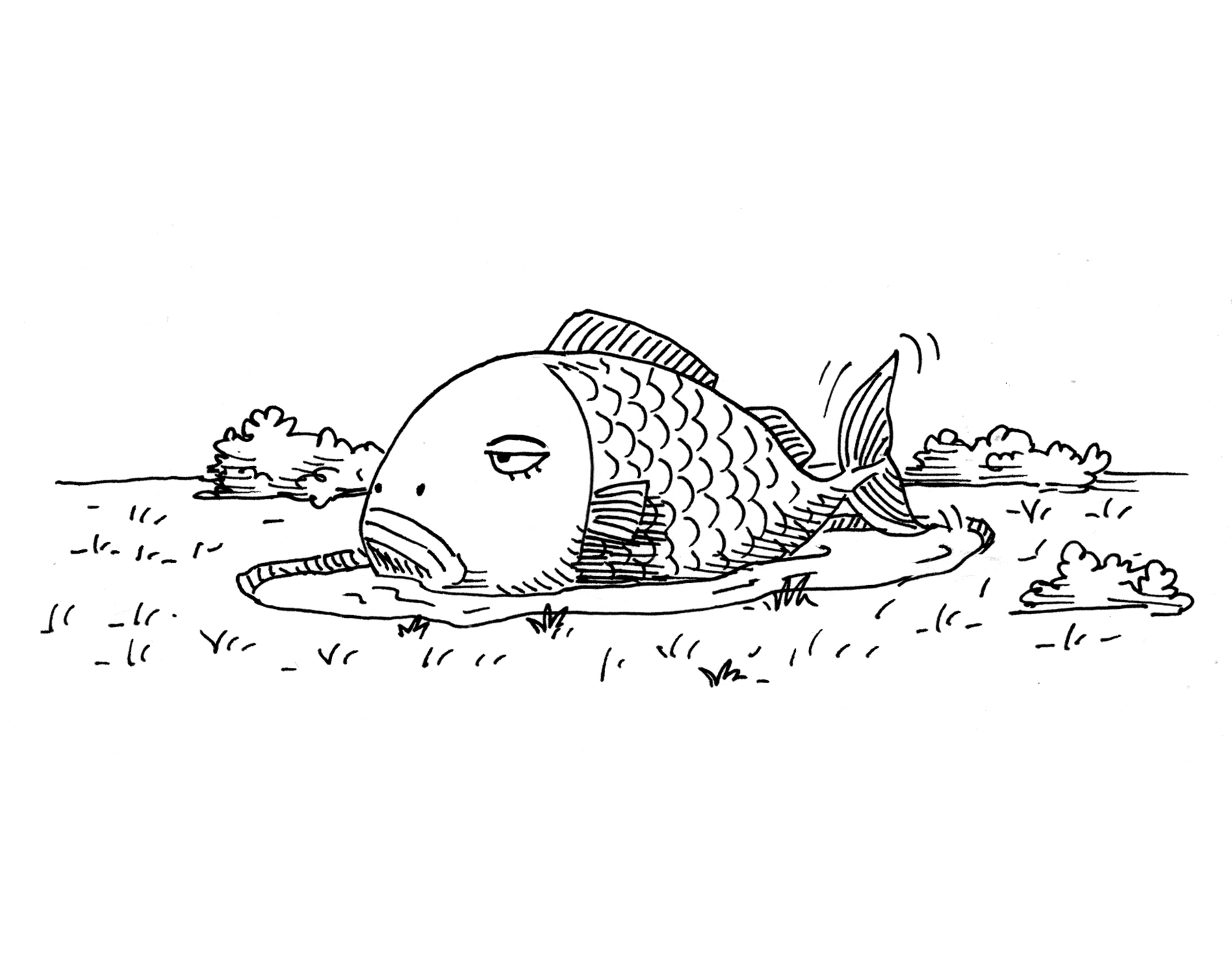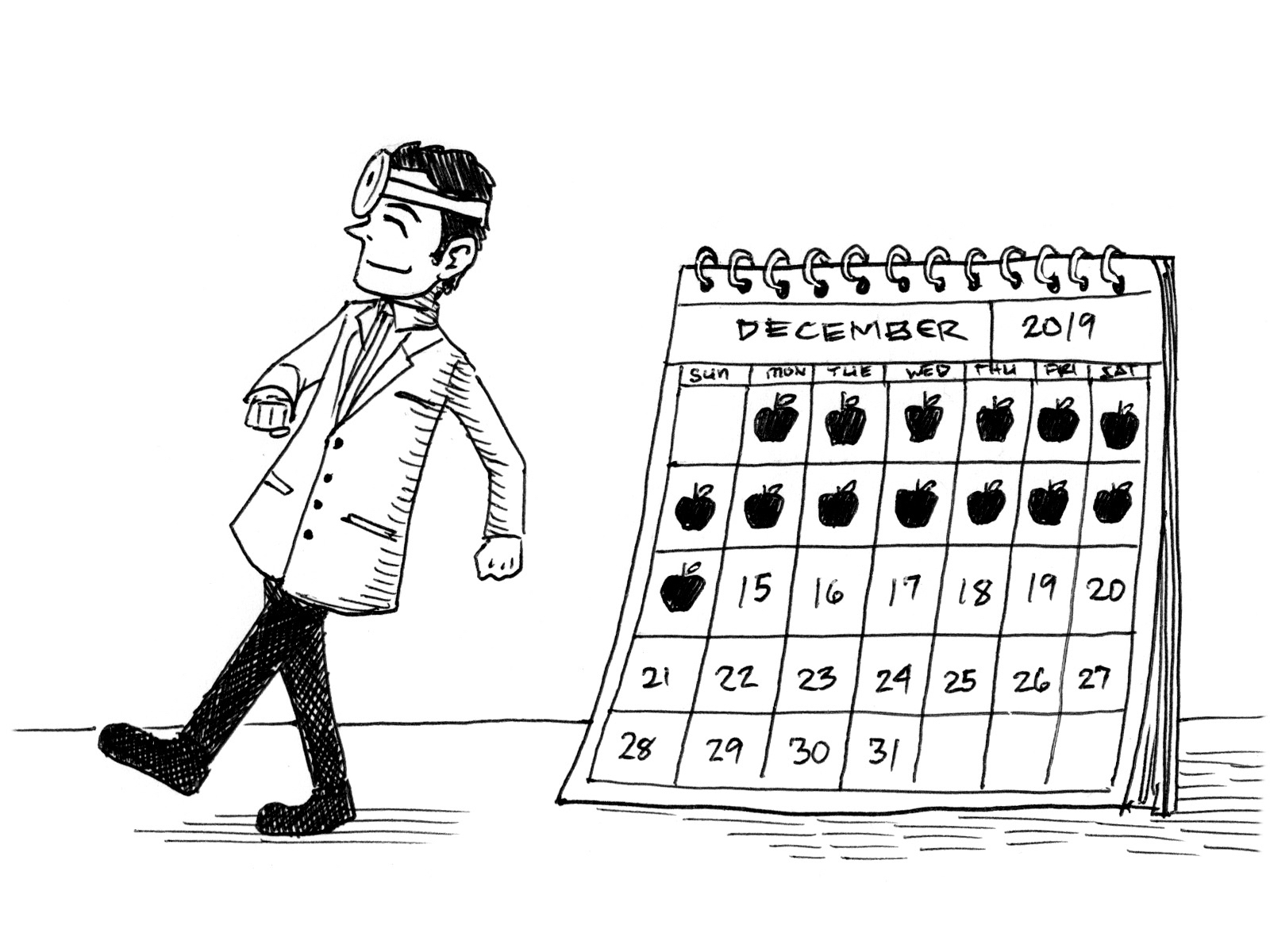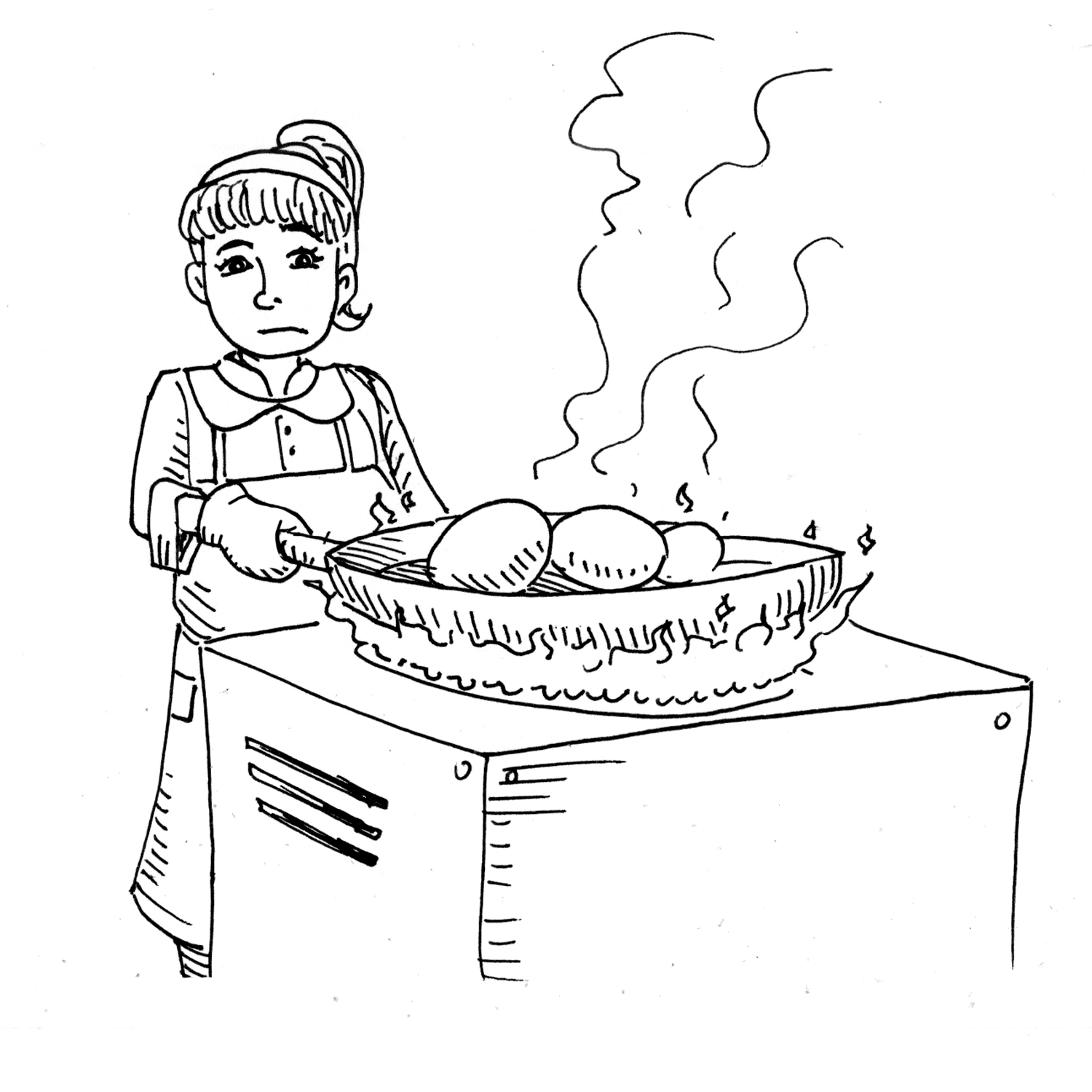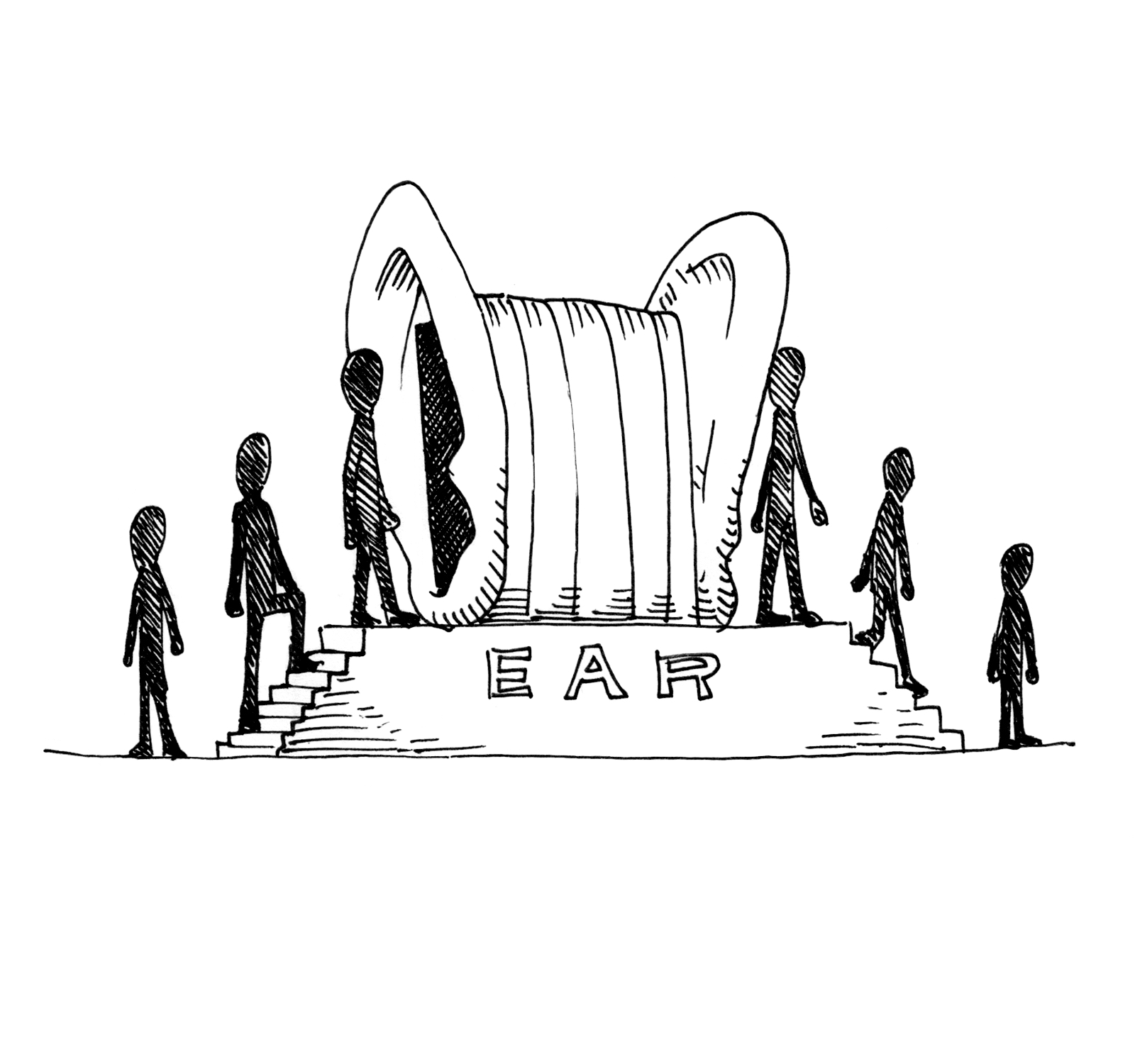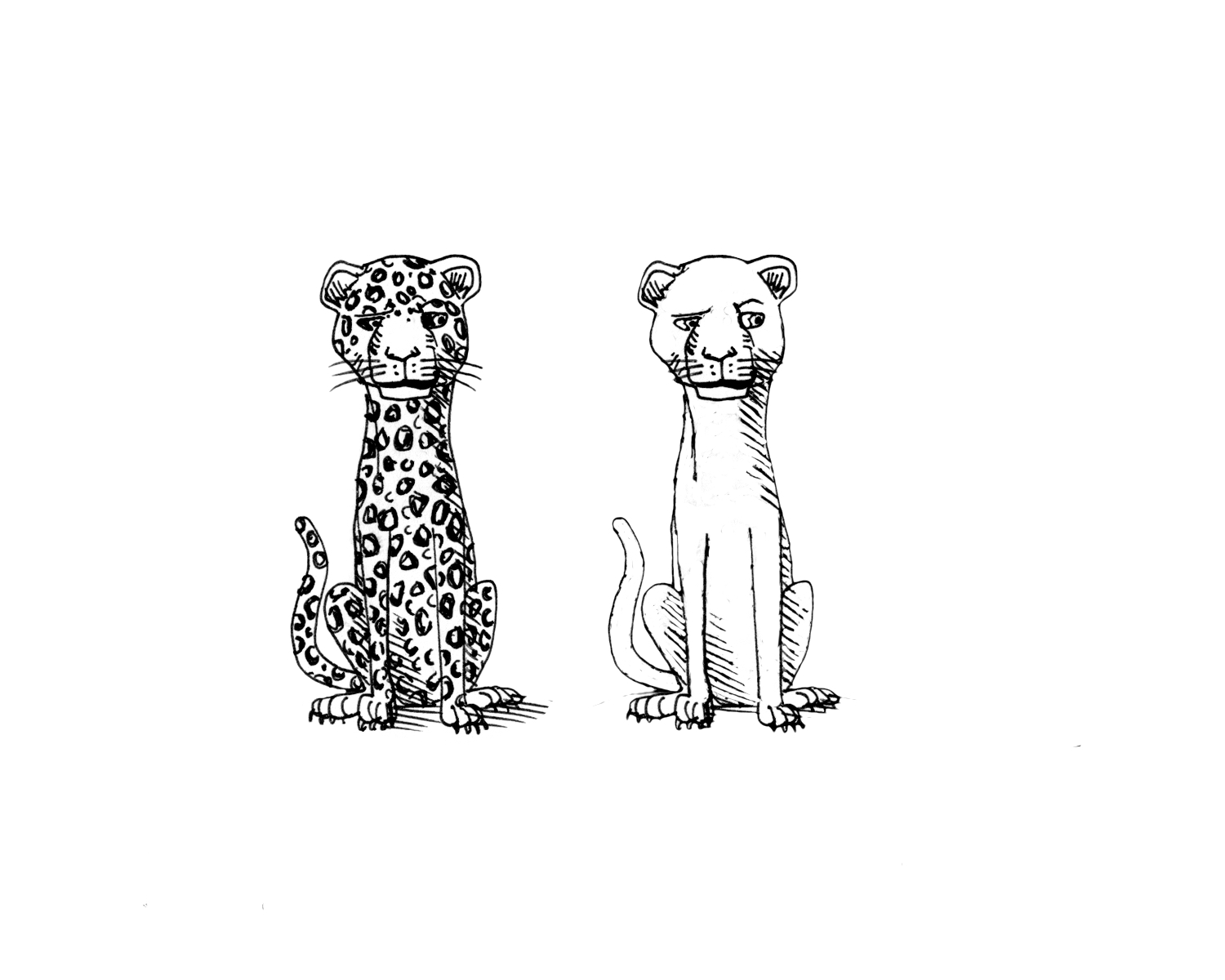
“A leopard can’t change its spots” is the notion that things cannot change their innate nature. A person cannot change who they are (their character), no matter how hard they try. This person’s character, especially if it is bad, will not change, even if they pretend it has. Be...

